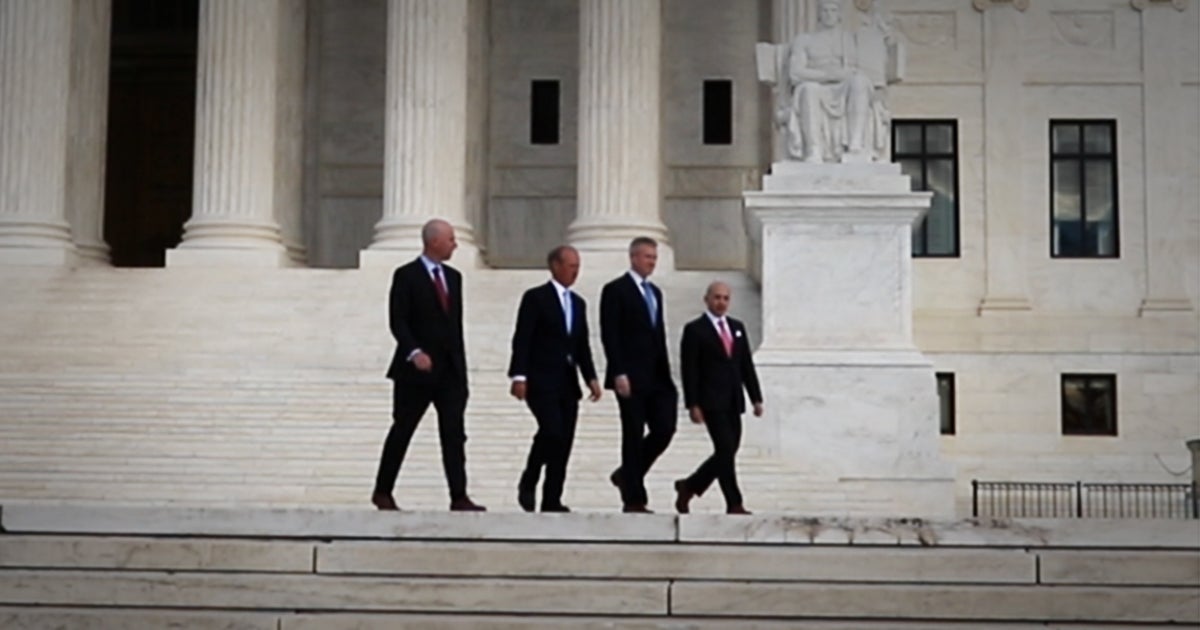
by Liberty McArtor • 4 min read
In about a month, the U.S. Supreme Court will hear oral argument in a critical case involving religious freedom and school choice.
In our Maine School Choice case—Carson v. Makin—the Institute for Justice (IJ) and First Liberty as co-counsel are challenging a Maine law that bans families from participating in a student-aid program if they choose to send their children to religious schools. Oral argument will take place Dec. 8th.
A victory in this case could result in greater freedom for families nationwide as they choose the best schools for their children, as well as restored rights for religious schools. And thanks to previous victories for religious educational options at the Supreme Court, we have good reason to hope for a win.
How did this case arrive at the Supreme Court? Here’s a quick recap.
Attend Any School—Unless It’s Religious
In 1903, Maine passed a law ensuring all children would have access to primary and secondary education. But not every community had enough money—or students—to justify building their own schools. To this day, when a school district does not provide a public high school or contract with a school to educate the district’s students, Maine compensates for this by helping fund tuition at any public or private school that families choose—unless it is a religious school.
This discriminatory religious restriction wasn’t always there. Throughout most of the program’s history, parents could choose religious schools and still participate in the tuition program.
That changed in the 1980s, when Maine’s Attorney General declared that it was unconstitutional to include religious schools in the program. Clearly, he was wrong—and the Supreme Court has even declared as much in other similar cases. But Maine has never removed the religious exclusion from its program.
It’s time this is fixed to respect, not restrict religious freedom—and that’s the argument we’ll be presenting before the nation’s highest court next month.
Hope for Victory: What the U.S. Supreme Court Has Already Said
In recent years, the Supreme Court has issued two decisions favorable to the constitutional rights of students and religious schools that give us hope for a victory in our Maine School Choice case.
The first was Trinity Lutheran v. Comer (2017). Trinity Lutheran Church in Missouri applied in 2012 for a state program that used recycled tires to pad its playgrounds, since the church runs a community pre-school. The state refused to let Trinity Lutheran Church participate in the program because it was religious.
In 2017, the U.S. Supreme Court ruled 7-2 that religious organizations such as Trinity Lutheran could participate equally in taxpayer-funded state programs. In fact, by excluding Trinity Lutheran, the state of Missouri was discriminating on the basis of religion and violating the Constitution.
The second recent case that gives us hope is Espinoza v. Montana, issued last year. In that case, the Court held that states cannot bar families participating in student-aid programs from choosing religiously affiliated schools for their children. The Court held that discrimination based on the religious “status,” or identity, of a school violates the Constitution.
A Prime Opportunity
With Carson v. Makin, the U.S. Supreme Court has a prime opportunity to reaffirm that in America, families should not be excluded from public benefits simply because they choose religious schools for their children.
That’s exactly what we’ll be arguing next month on December 8—a deadline that’s fast approaching. Will you donate today to bolster our resources as we prepare to defend religious freedom at the nation’s highest court?